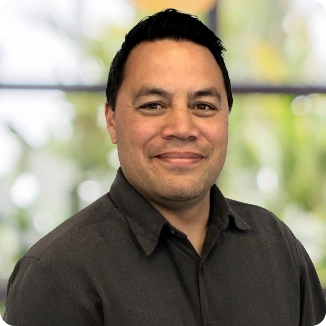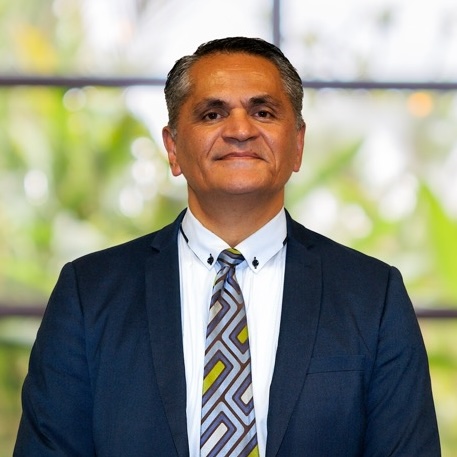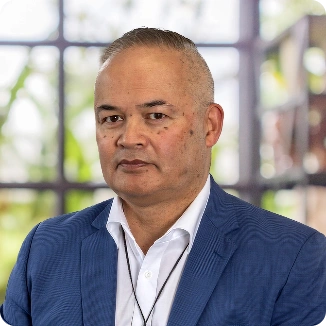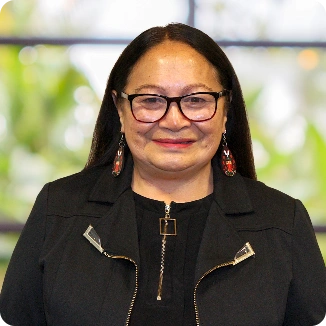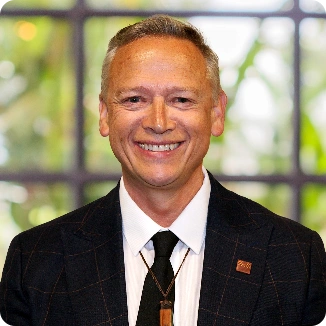The new Trade for All Advisory Board (TFAAB) report recommendations to Government on digital trade foreshadows an opportunity for Māori exporters.
That’s the call from Te Taumata chair, Chris Insley, who says digital trade will change the way we trade between countries, and in time, the rest of the world.
New Zealand is talking with Chile and Singapore to establish new international rules and best practice for supporting and promoting trade in the digital era, called the Digital Economy Partnership Agreement (DEPA).
DEPA is a way to use digital technology to build trust and enable more efficient country-to-country trade. New Zealand negotiators are working hard to develop a framework for cooperation on issues of Digital Inclusion and Inclusive Trade.
Mr Insley says digital technologies help overcome the challenges of scale and distance to enter global markets, previously only accessible to larger businesses, accelerating their growth.
“Digital trade is growing exponentially, and this creates opportunities for Māori businesses,” says Mr Insley. “We’re trying to create a digital trade platform to make it much more efficient for our Māori businesses to ship product from New Zealand overseas. We can’t make boats and planes go faster, but we can improve the efficiency of the system that connects them.
“In forestry, people currently use pieces of paper to record how many logs are on the truck they load; then they take them to the weighbridge and fill out more bits of paper; and again, at the port. However, in real life, people can lose those bits of paper, or the truck driver’s writing is ineligible, so crucial information is lost.”
Mr Insley says moving to digital will eliminate errors, speed up the process, and keep costs down.
“There’ll be much more confidence that what was produced back in the forest, is exactly what arrives at the other end. That’s what digital trade is all about. And for me, it’s about getting our Māori businesses at the front-end of that technology for our trade. Māori don’t have to be followers in this space. They can be leaders and pioneers.
“Several Māori companies have now put their hands up. They’re keen to work alongside this project over the next 12 months, to help design and define how this new digital process will work in practice. It creates an opening for Māori business to pilot this initiative. It gives us a bit of an edge.”
Mr Insley says the real opportunity is robust and real-time chain of custody tracking, providing the opportunity to associate authentic Māori stories with Māori products and services.
“Global consumers can use their smartphones to scan a barcode, which will instantly link them back to the business, land and whānau who produced the product and learn its whakapapa. This is smart, and our point of difference as Māori.”
Te Taumata recently met with indigenous leaders from Canada, United States and Australia to discuss valuable indigenous-to-indigenous trade leads.
“These First Nations trade leaders don’t have DEPA, but they know what New Zealand is doing with Chile and Singapore. They desperately want to piggyback off what we’re doing with these countries and are absolutely engaged with us right now. Indigenous people around the world are watching this space.”
MEDIA CONTACT:
Chris Karamea Insley
Chair, Te Taumata
Ph: +64 21 972 782




